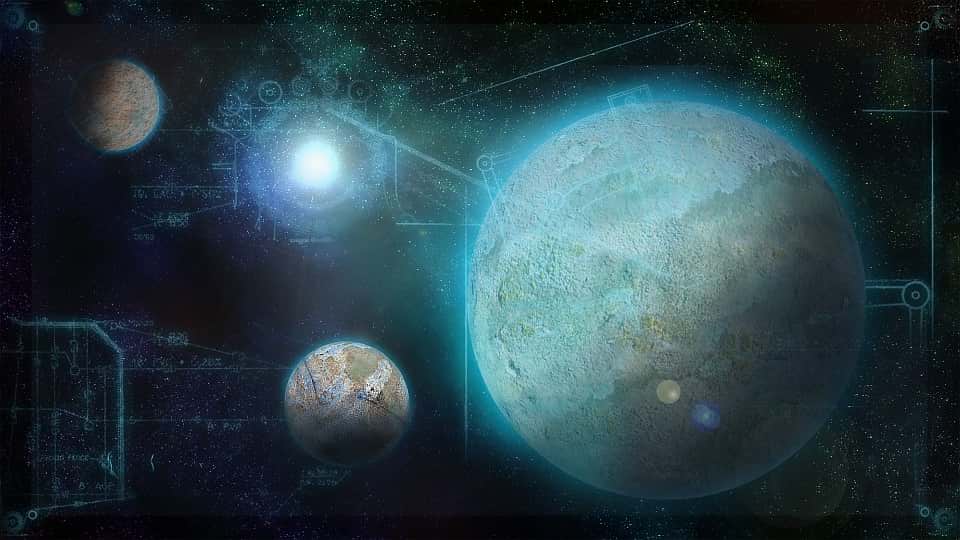In the larger universe, there are some really weird worlds that make the planets that exist in our solar system seem almost trivial by comparison.
Super-Mercury and mini-Neptune, for example, defy expectations for planetary development. And then there are hot Jupiter and super-hot Jupiter, worlds so close to their stars that their atmospheres are filled with clouds of heavy elements vaporized by intense heat.
Now, on two of the hardest worlds ever seen in the Milky Way, astronomers have discovered the heaviest metal. In the atmospheres of the exoplanets WASP-76b and WASP-121b, clouds of barium, the 56th element of the periodic table, drift.
The study was published in the journal Astronomy and astrophysics.
Previous research has found calcium, titanium oxide and vanadium oxide in WASP-76b and vanadium, iron, chromium, calcium, sodium, magnesium, and nickel in WASP-121b. But barium, which floats in the air at high altitudes, has not yet been discovered.
“The puzzling and counterintuitive part is this: why is there such a heavy element in the upper atmospheres of these planets? We weren’t expecting or looking specifically for barium and had to double check if it really came from the planet, since it had never been seen on any exoplanet before, “says astronomer Thomas Azevedo Silva of the University of Porto and the Institute of Astrophysics and Space Sciences (IA) in Portugal.
WASP-76b and WASP-121b are very close to their stars, with orbital periods of 1.8 and 1.27 Earth days, respectively. Furthermore, they are both quite massive, their masses being 0.92 and 1.18 times that of Jupiter. This makes barium detection very special.
“Given the high gravity of the planets, we expect heavy elements such as barium to quickly enter the lower atmosphere. At the moment we are not sure what the mechanisms are [его присутствия]”Says astronomer Olivier Demanjon, also from the University of Porto and Iowa.
The answers to this confusing question will require more analysis, but the team’s work on two exoplanets has also given us more information to explore. They made new detections of cobalt, strontium and possibly titanium in WASP-121b’s atmosphere and confirmed the presence of previously discovered elements.
“The presence of these heavy ionized particles at high altitudes in the atmospheres of super-hot Jupiters may be indicative of unexpected atmospheric dynamics,” the scientists said.
said the cursor Astronomers reveal when a pair of supermassive black holes could collide. The strange behavior of a galaxy a billion light years away suggests that one of the most anticipated events in modern astronomy could take place there.
Our editors wrote it scientists have said whether the Earth can leave our solar system.
Call this up scientists have found a new way to unravel the mysteries of the universe.


